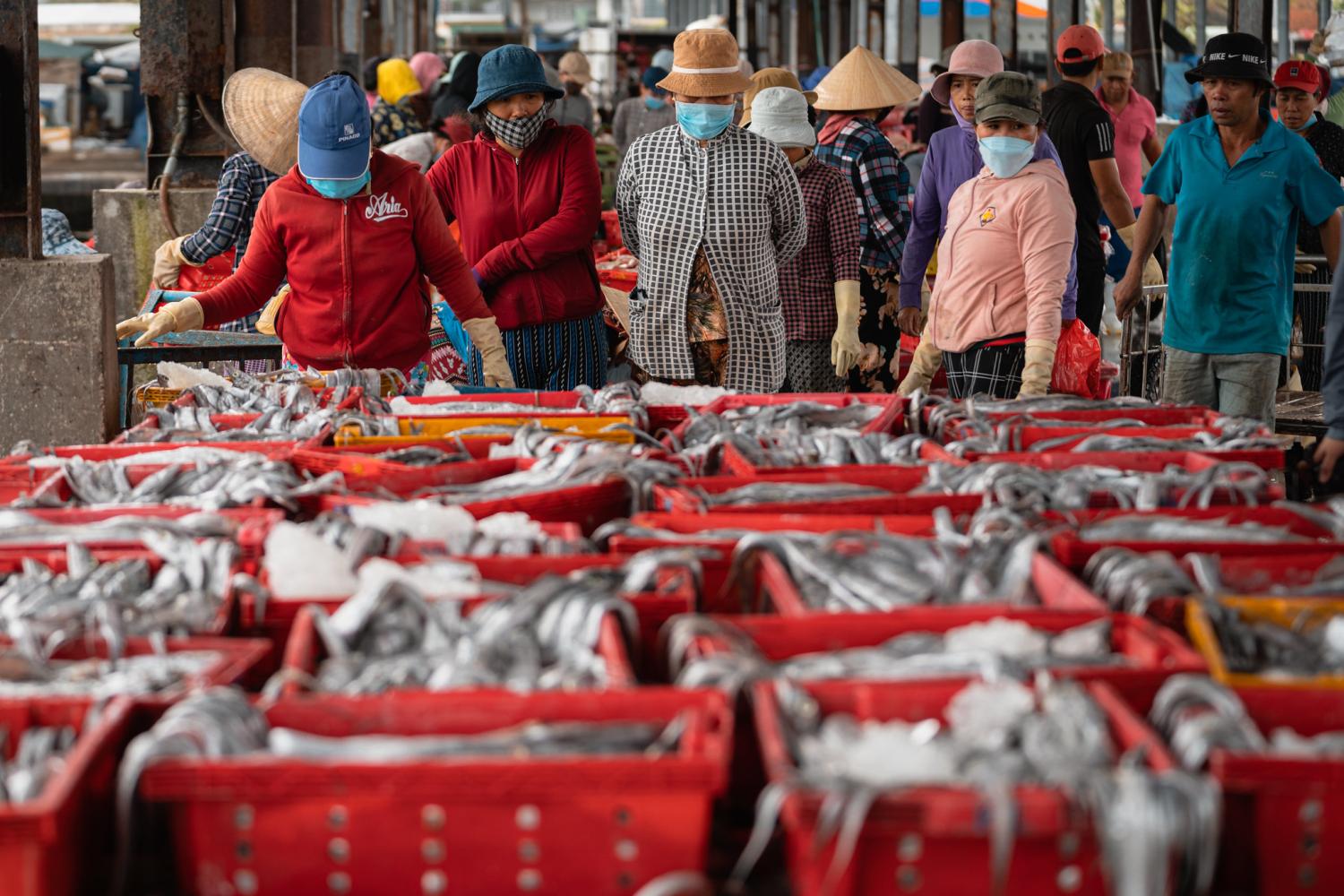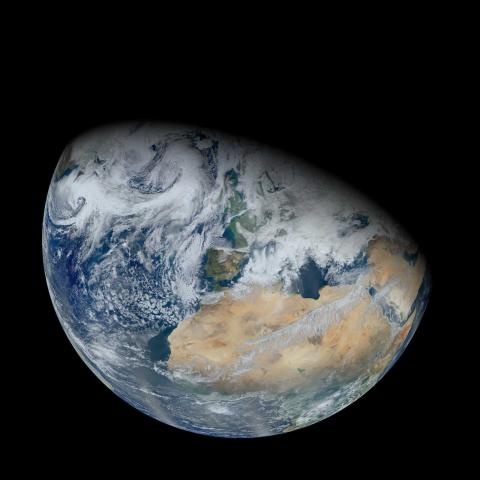A special Interpreter series ahead of the 2024 ASEAN-Australia Special Summit in Melbourne, 4-6 March. Read more articles in this thread.
Southeast Asia's vast maritime space ensures trade, connects supply chains, and provides energy security. The sea is also a critical food source for Southeast Asians.
However, the maritime space also contains many security challenges. These include disputes over maritime territories and boundaries, as well as transnational security threats such as climate change, piracy, illegal fishing and trafficking. Most Southeast Asian states face resource shortfalls to address these challenges.
Vietnam, the Philippines, and Brunei face critical maritime security challenges.
Hanoi and Manila have become the main targets for China’s coercion in the South China Sea. Data by Fulbright University Vietnam’s Dung Huynh shows that between 1997 and 2021, the Philippines and Vietnam faced 97 and 142 cases of Chinese coercion, respectively. More than 40% of these incidents involved the display or threat of force.
Illegal, unreported and unregulated (IUU) fishing further complicates the maritime security landscape. Hanoi has been struggling to lift its EU-issued yellow card for IUU fishing since 2017, while the cost of illegal fishing in the Philippines has reached $1.3 billion annually. IUU fishing also threatens Brunei’s fishing industry, a major source of revenue for Brunei’s economy and contributing to its diversification from oil and gas.
Yet Vietnam, the Philippines, and Brunei are constrained in their responses to maritime security threats. Vietnam and the Philippines have vast exclusive economic zones (1.4 million square kilometres and 2.2 million square kilometres respectively) but insufficient resources to patrol them, let alone conduct operations to deter threats.
Australia can help all three countries through its defence cooperation activities. Canberra’s security cooperation with Manila is the most comprehensive, supported by a clear legal framework - including a Status of Visiting Force Agreement (2012) and a Mutual Logistic Support Arrangement (2022) - and high-level coordination committees.
In comparison, Canberra’s security engagement with Hanoi is shallower and less institutionalised. The two sides signed several agreements on defence cooperation and peacekeeping, in which Australia provided language and specialist training to Vietnam. However, there are no dedicated coordination teams or permanent joint committees to discuss cooperation. In Brunei's case, defence cooperation is underpinned by several Memoranda of Understanding and a joint working committee, with a rotation of defence advisors to coordinate activities.
These different levels of coordination and institutionalisation will make it challenging to arrange further initiatives. Given its historical ties and allied status to the United States, the Philippines will be more open to cooperation initiatives with Australia. Brunei and Australia have already confirmed their commitment towards deepening maritime security cooperation. Hanoi, conversely, adopts a cautious approach to defence cooperation with partners outside its circle of traditional friends.
Canberra should continue to initiate cooperation while keeping its expectations in check. Australia can tailor cooperation initiatives based on shared needs. For example, Vietnam and the Philippines have received significant assistance for maritime security, such as patrol vessels for maritime law agencies. Given their enormous maritime space and the range of maritime threats, Vietnam and the Philippines will use these vessels frequently, making maintenance and repair urgent priorities. This is an area where Australia could offer support, such as providing parts and training for mechanics.
Another area of cooperation might be countering the disruptive impact of China's maritime militia – one tool of Beijing’s grey-zone tactics in the South China Sea. In response, Vietnam has taken a page from China’s playbook by deploying its own maritime militia while the Philippines is contemplating this move.
However, the difficulty in countering China’s maritime militia lies in the fact that its very existence blurs the line between civilian vessels and warships, presenting various operational and legal challenges. China can deliberately mischaracterise robust measures against maritime militia as a use of disproportionate forces against “civilian” vessels. Australia’s support in this area can include enhanced training for Southeast Asian personnel on international maritime law, and consultations on common approaches and possible adjustments in the maritime legal framework to address this challenge.
The focus should be bolstering Southeast Asian states’ resilience against grey-zone tactics. China often hesitates to apply such tactics against more capable targets like Japan and India, which signals that Beijing will adjust its behaviour towards a more cooperative direction once it encounters a robust and determined response. These measures also contribute to the development of local experts on maritime governance who can advise their governments on maritime developments.

